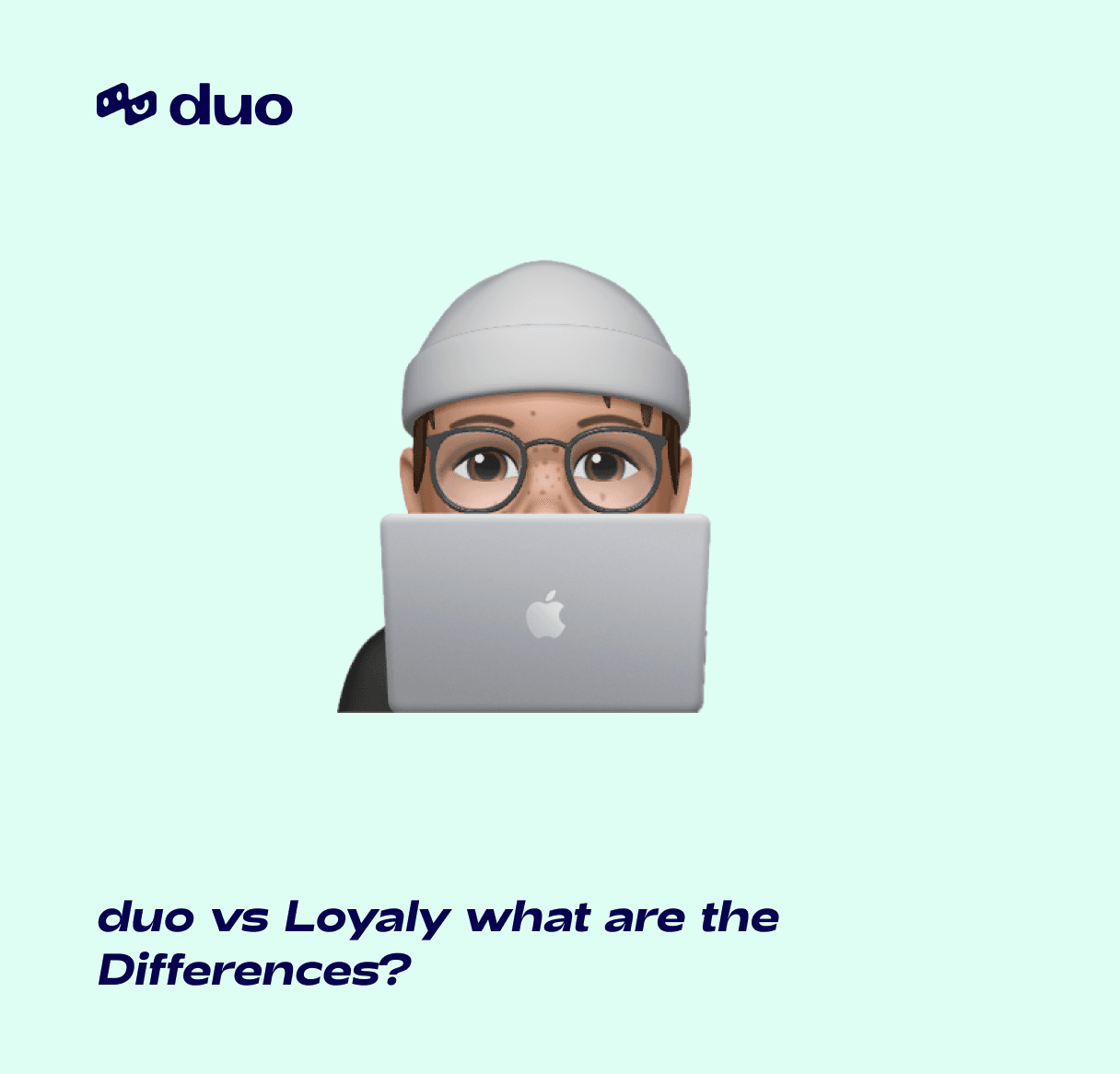Duo vs. Loyoly: Referral Program Comparison
Apr 8, 2022
Choosing the right referral solution is crucial for maximizing your brand growth and enhancing customer engagement. In today's competitive market, understanding the nuances of each option can make all the difference. Let's delve into the comparison between Duo and Loyoly, focusing on key aspects such as timing, rewards, branding, and pricing. Discover why Duo stands out as a compelling choice for elevating the customer experience and driving sales, serving as a viable alternative to traditional advertising methods.
TLDR Table;



Timing:
Duo capitalizes on the crucial moment right after purchase, engaging customers when their satisfaction is at its peak and the likelihood of recommending is high. This approach not only boosts customer satisfaction but also taps into the power of grassroots marketing tactics, embodying the essence of community-driven marketing, peer-to-peer commerce, peer marketing, and collaborative buying. Conversely, Loyoly requires customers to sign up, introducing a delay that may reduce the incentive to recommend.
Reward:
Duo offers an immediate refund on the customer's recent purchase, providing an instant and tangible reward that encourages immediate engagement. This strategy not only positively influences customer behavior but also leverages the collective purchasing power of the community for group discounts, highlighting the benefits of group buying and collaborative purchasing. On the other hand, Loyoly's approach of offering a voucher for the next order makes the reward more distant, which can decrease incentive and negatively impact customer behavior.
Branding:
Duo's white-label solution seamlessly integrates into your existing brand framework, maintaining brand consistency. This helps in strengthening brand awareness. In contrast, Loyoly retains its logo on your platform, which may disrupt the customer's brand experience and potentially dilute your brand identity, affecting brand awareness.
Pricing:
Duo operates on a success-based fee structure, aligning our incentives with your success: you only pay when you make a profit. This makes Duo a cost-effective advertising solution with a favorable return on ad spend, ensuring you get the most out of your ad spend without the financial burden of upfront costs. It stands out as one of the cheapest ad platforms, optimizing ad performance for effective advertising, akin to the efficiency of Google ads and advertising alternatives like Sixads. On the other hand, Loyoly's subscription model requires continuous payments regardless of performance, adding a fixed cost without guaranteeing proportional benefits, a stark contrast to the pay-for-performance model seen in alternatives like Google ads.
Duo is closer to pinduoduo than loyoly
In a data-driven analysis comparing Duo and Loyoly, it becomes evident that Duo's approach aligns more closely with the strategies employed by Pinduoduo, a leading group buying platform in China. Data indicates that Duo's immediate refund feature, coupled with its post-purchase engagement strategy, mirrors the dynamic and collective purchasing dynamics seen in Pinduoduo's model. According to recent market research, Pinduoduo's success can be attributed to its ability to leverage the power of community-driven marketing and peer-to-peer commerce, resulting in increased customer engagement and loyalty. Similarly, Duo's emphasis on instant rewards and grassroots marketing tactics resonates with Pinduoduo's principles, fostering a sense of urgency and excitement among users. This data-driven comparison highlights how Duo's innovative approach positions it as a dynamic player in the referral program space, offering a solution that mirrors the successful strategies of industry leaders like Pinduoduo.
💡 Ready to see Duo in action and discover how it can transform your referral strategy, enhancing customer acquisition and retention? Book a demo now at getduo.co to envision the future of customer acquisition and retention, offering facebook ads alternatives.

